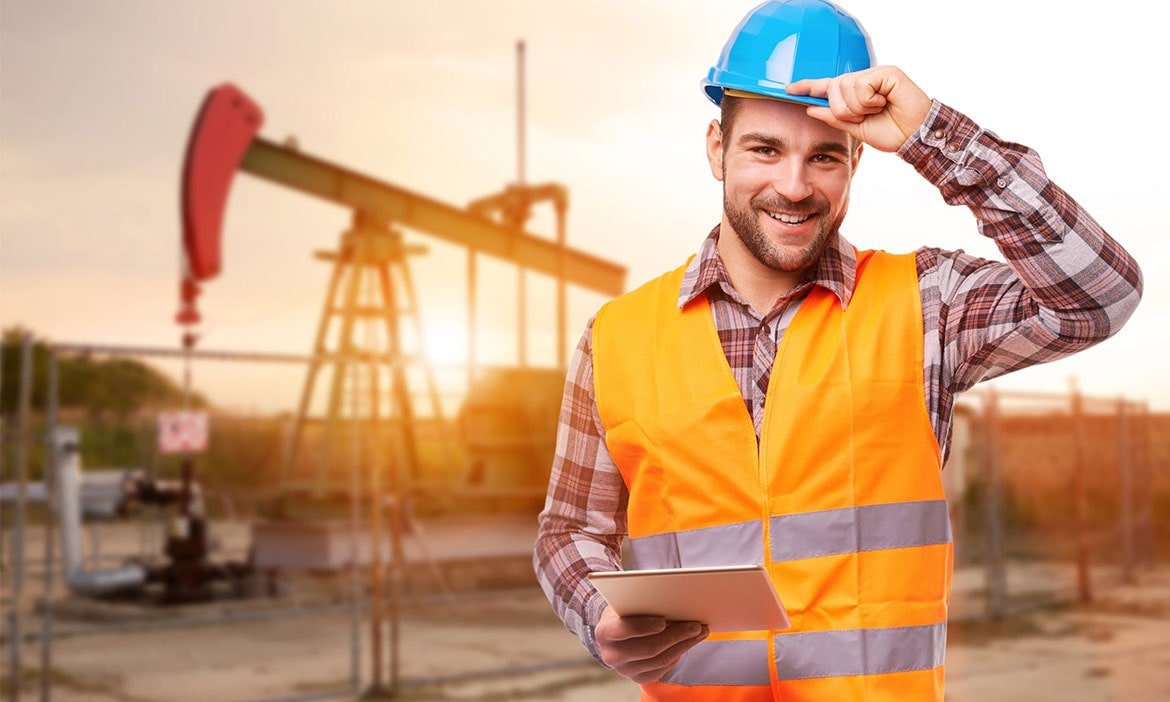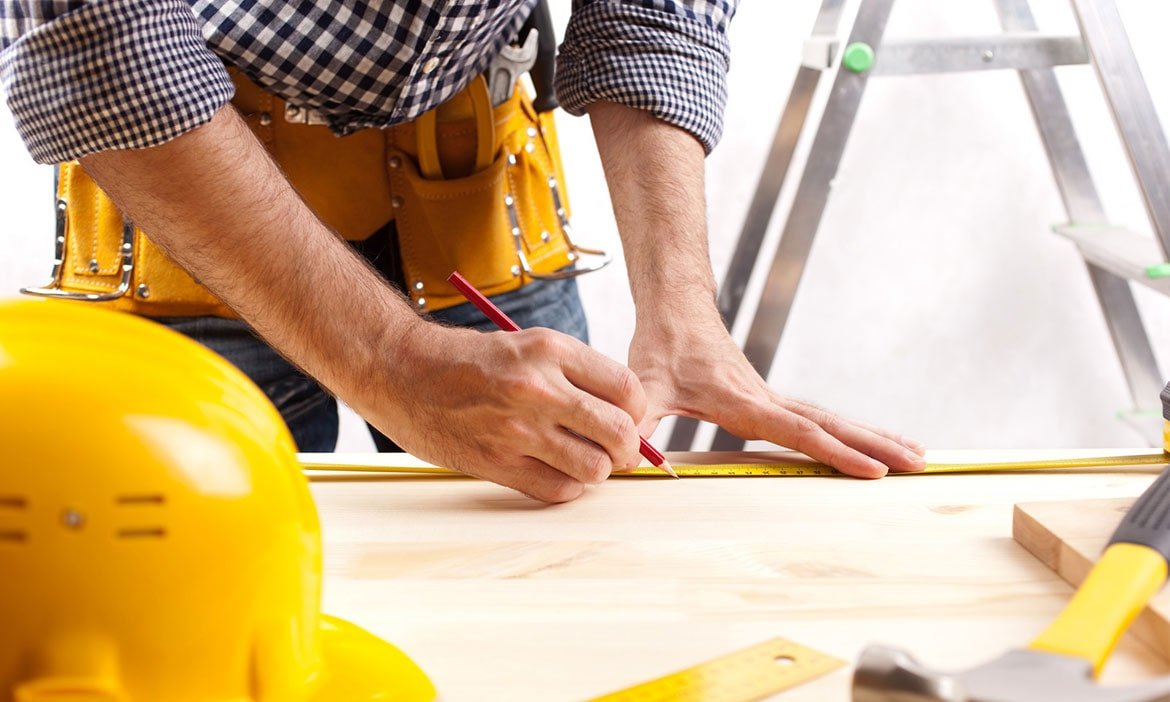Currently Empty: $0.00

The Rising Importance of Sustainable Construction in Modern Development
As cities grow and demand for new structures increases, the construction industry faces mounting pressure to build responsibly. Sustainability has become more than just an environmental trend — it’s a necessity that benefits communities, businesses, and future generations.
What Is Sustainable Construction?
Sustainable construction focuses on developing buildings and infrastructure using methods and materials that minimize environmental impact. This includes reducing waste, conserving energy, and designing spaces that are efficient and long-lasting.
For roads, bridges, homes, and commercial projects, this approach reduces resource consumption and improves overall performance.
Benefits of Sustainable Building Materials
Modern construction materials are now designed to be lighter, stronger, and more environmentally friendly. When used correctly, they result in:
- Reduced carbon emissions
- Lower operating costs
- Longer structural lifespan
- Improved energy efficiency
These benefits help owners save money in the long term while supporting environmental responsibility.
Energy Efficiency Saves More Than Money
One of the biggest advantages of sustainable construction is energy efficiency. Better insulation, smart ventilation systems, and optimized building design reduce electricity usage and cut monthly energy bills. For commercial buildings, this can translate into thousands of dollars saved each year.
Many homeowners are also choosing renovations or extensions to upgrade outdated systems rather than constructing entirely new structures.
Responsible Waste Management
Construction sites traditionally generate large amounts of waste. By re-using materials, recycling, and planning smartly, the amount of waste produced can be significantly reduced. This prevents unnecessary landfill dumping and helps keep communities cleaner.
At PartnerHub Global, we encourage practices that reduce waste without compromising the quality of the project.
Infrastructure That Supports the Community
Sustainable construction also considers how buildings and infrastructure impact society. This includes smart urban planning, safe road networks, underground cable routing, and accessible public spaces. When done correctly, these developments improve mobility, reduce accidents, and create healthier living environments.
A well-connected community attracts business and supports long-term economic growth.
Technology in Sustainable Construction
Technology plays a major role in improving sustainability. From modern surveying tools to automated material tracking, digital construction solutions lead to:
- Faster project completion
- Accurate planning
- Reduced repair costs
- Higher safety standards
Underground cable installation also benefits from improved routing software, avoiding unnecessary digging and resource waste.
A Smarter Choice for the Future
With rising environmental awareness, clients are increasingly choosing companies that can deliver sustainable solutions. Governments and private organizations are offering incentives for green projects, making this approach financially beneficial as well.
For builders, adopting sustainable methods enhances reputation, ensures compliance, and opens doors to more competitive projects.
Conclusion
Sustainable construction is not just about protecting the environment — it’s about building stronger, smarter, and more efficient communities. From infrastructure improvements to responsible material sourcing, these choices shape a better future for everyone.
At PartnerHub Global, we are committed to integrating eco-friendly practices into our construction, renovation, and material supply services. Together, we can develop infrastructure that supports growth while respecting the planet.




